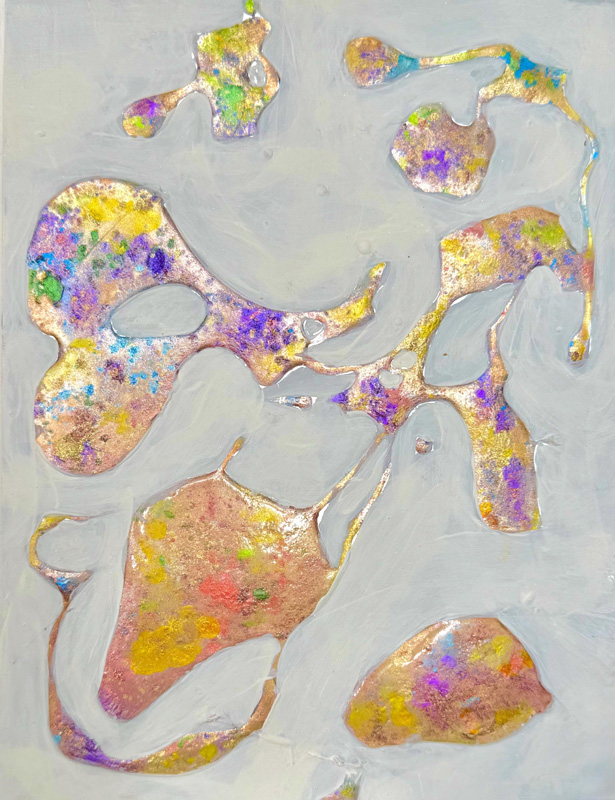By Stacie Prada
I created a vision board years ago that included images of women doing yoga poses I couldn’t do. I attended yoga classes weekly, and I loved how it combined calming breathwork with some of the gymnastics, athleticism, and flexibility that my multiple sclerosis issues had curtailed.
I placed the collage vision board near my makeup vanity, and I didn’t put a lot of effort into tracking it. About a year later, I looked up, and I was startled to realize I could do all the poses on my vision board! Without realizing it, I slowly worked my way toward poses that seemed completely out of reach a year prior. Dancer, feathered peacock, and crane pose had become regular movements in my yoga practice without any periodic notice or celebration. With this realization, my glee absolutely overflowed.
Looking back, I think about how dreaming and acknowledging my aspirations, combined with regularly showing up to yoga class, were the key. They helped me achieve things I hadn’t been convinced I would ever do.
Continue reading →






